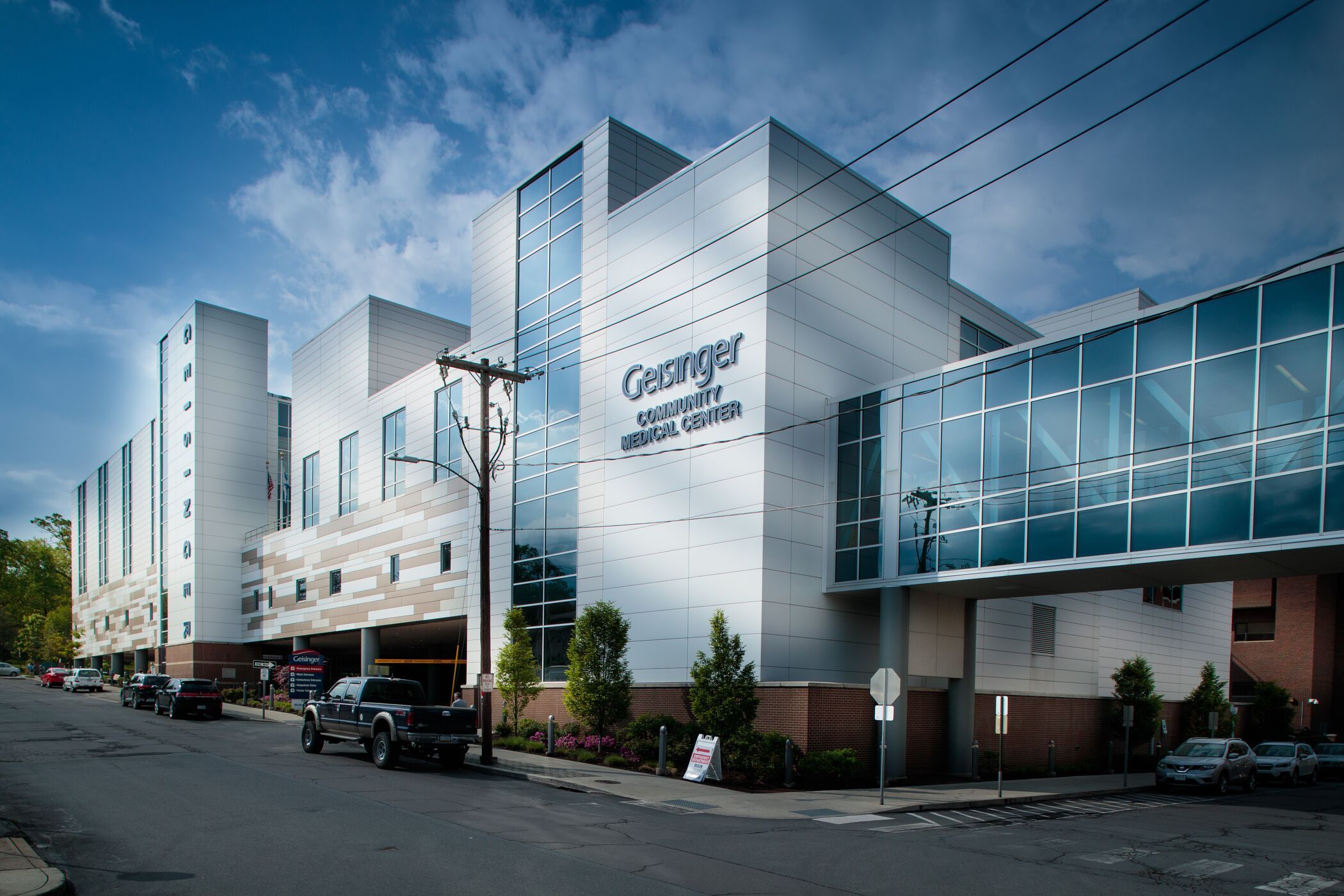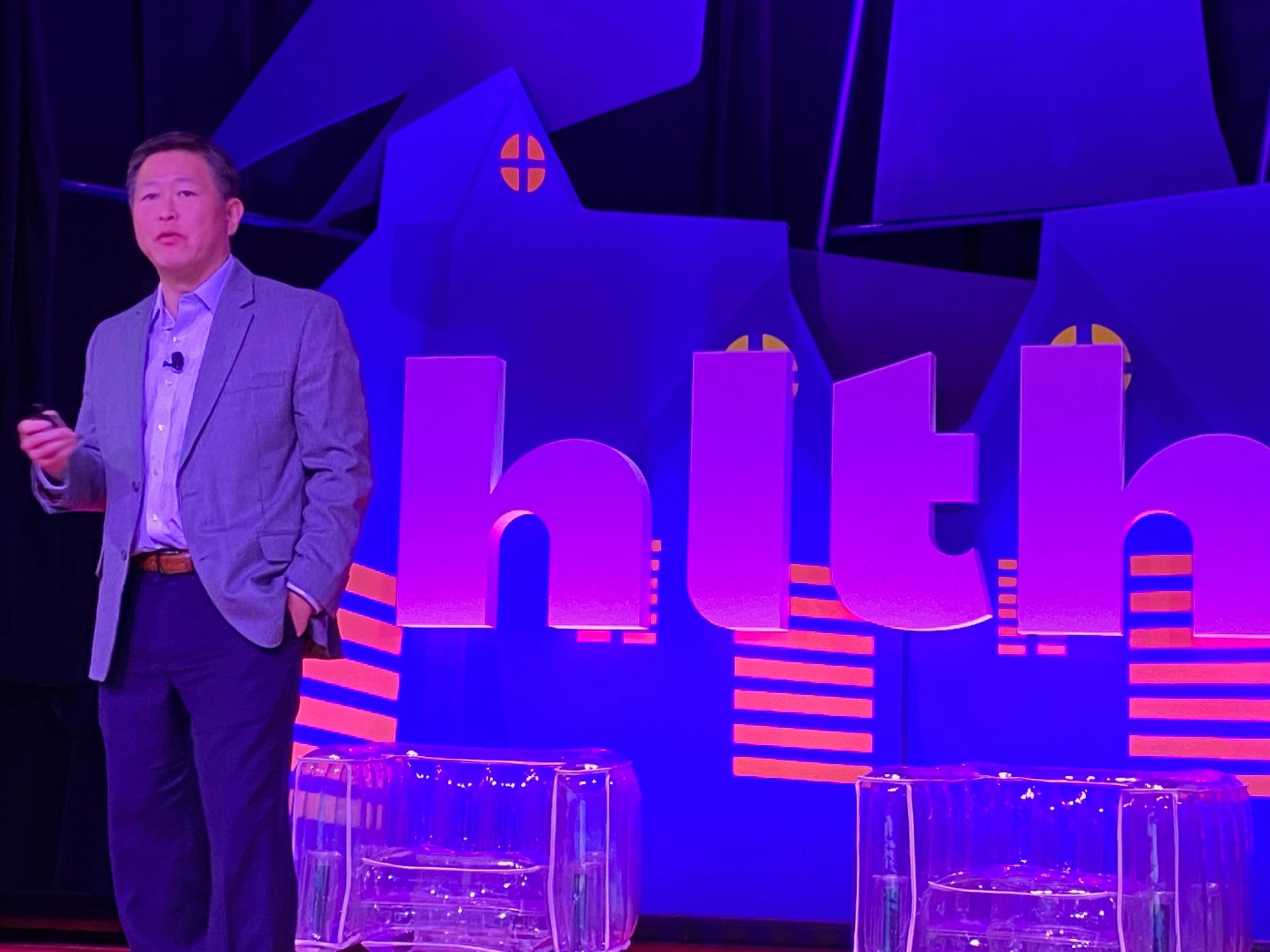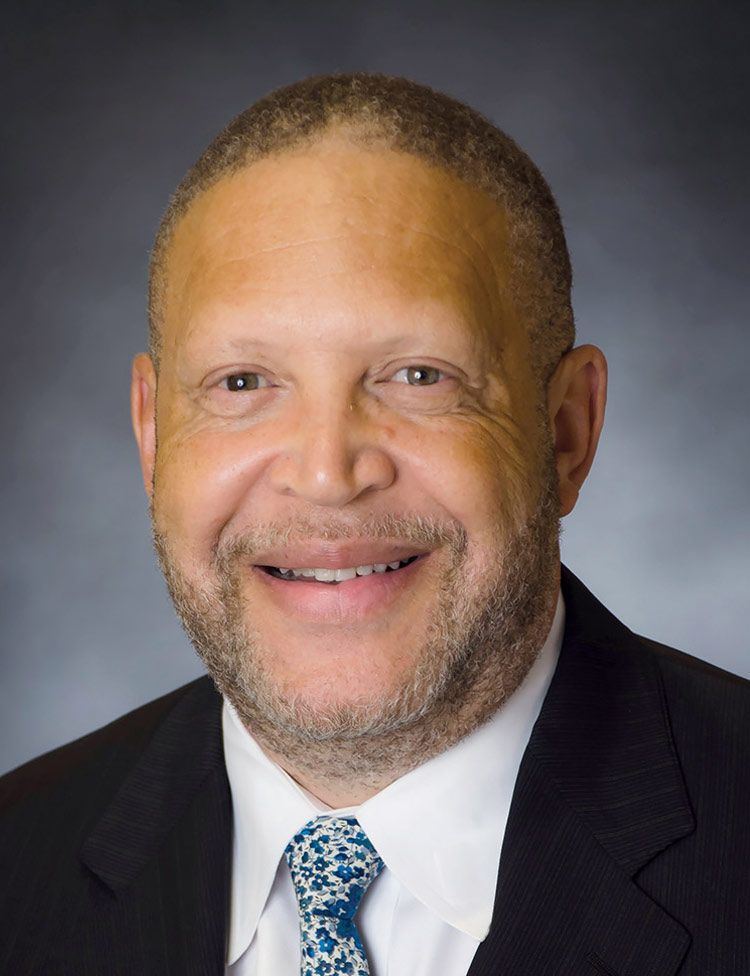The Kaiser Permanente-Geisinger deal: Questions and answers
The California-based system plans to acquire Geisinger and form a new organization called Risant Health. Here’s a guide to understanding the plans.
When Kaiser Permanente announced its plans to acquire Geisinger Health last week, the deal garnered enormous attention in the healthcare industry.
Kaiser Permanente is planning to acquire Geisinger Health and form a new organization called Risant Health. (Photo: Mark Dastrup, Geisinger Health)

There’s a number of elements involved in the deal. Here’s an overview of the planned transaction.
Q: What’s the gist of the deal?
A: Kaiser Permanente said last week it is planning to acquire Geisinger Health, based in Pennsylvania. Kaiser Permanente also announced plans to create a new organization called Risant Health, which will look to acquire other regional community-based health systems. Assuming regulators agree to the deal, Geisinger will be the first member of Risant Health.
Eventually, Risant looks to acquire a group of “nonprofit, value-oriented community-based health systems anchored in their respective communities.”
Both Kaiser Permanente and Geisinger operate hospitals and health plans, and that’s a model they’re looking to expand nationwide.
Jaewon Ryu, CEO of Geisinger Health, will become the CEO of the new Risant Health, once the deal with Kaiser Permanente is finalized. (Photo: Ron Southwick)

Q: Who will lead Risant Health?
A: Jaewon Ryu, president and CEO of Geisinger Health, will become the new CEO of Risant Health, once the deal is finalized.
Linda Finkel, CEO of AVIA, says that with Ryu’s leadership, she expects Geisinger will “operate with an important amount of independence.”
“He sets a tone of collaboration that is notable, a commitment and a willingness to change,” Finkel says. “I would be surprised if he didn't bring a very thoughtful and open mind to how to leverage the best of Geisinger and the best of Kaiser, which I believe will serve the entity in the short term and in the long term.”
Q: Will Geisinger be losing its name?
A: Geisinger will be keeping its brand identity and its mission, the systems said.
Q: What are the financial terms of the deal?
A: The systems did not disclose the numbers.
Q: What other hospitals or health systems could be joining Risant Health?
A: It’s unclear at this point. The New York Times reported that Kaiser expects to invest $5 billion in Risant over the next five years and would add five or six health systems.
Finkel says she thinks it’s wise to move deliberately rather than quickly acquiring hospitals and systems. “It signals a thoughtful approach and an appreciation of the complexity of what they're seeking to accomplish,” she says. “And I think it will serve them well.”
Greg Adams, CEO of Kaiser Permanente. (Photo: Kaiser Permanente)

Q: How will Kaiser Permanente operate Risant Health?
A: The system says it will operate Risant Health “separately and distinctly” from Kaiser Permanente’s core business. Kaiser Foundation Hospitals will create the new organization. The hospitals that join Risant Health will continue to operate as regional or community-based systems, officials say.
Sachin Jain, president and CEO of SCAN Group & Health Plan, says Risant Health is likely going to be separate from Kaiser Permanente because Geisinger accepts multiple payers, and other hospitals joining Risant would as well. “I think that's part of why Risant ends up being kind of a new division of Kaiser as opposed to this being a full integration into Kaiser,” Jain says.
Greg Adams, president and CEO of Kaiser Permanente, said in a news release, “We know fully replicating KP’s closed integrated care and coverage model is not viable in all communities.”
Q: What are the leaders saying?
A: Greg Adams of Kaiser Permanente and Jaewon Ryu of Geisinger both tout the deal as an opportunity for the systems to grow stronger and expand value-based care.
“By helping other health systems achieve our value-based quality outcomes and savings in multi-payer, multi-provider environments, we believe Risant Health can deliver a transformative new solution to America’s systemic health care problems,” Adams said in a statement. “And, given its history in this space, we can think of no better organization than Geisinger to be the inaugural health system to join Risant Health.”
Meanwhile, Ryu says, “Geisinger will be able to accelerate our vision and continue to invest in new and existing capabilities and facilities, while charting a path for the future of American health care, through Risant Health. Kaiser Permanente and Geisinger share a vision for the future of health care, and as the Risant Health name indicates, we believe by working together we will reach new heights in health care and raise the bar for better health for all communities.”
Q: How big are the two systems?
A: Kaiser Permanente operates 39 hospitals, hundreds of medical clinics, and a health plan with 12.6 million members. Geisinger runs 10 hospital campuses, scores of clinics and a health plan with more than 500,000 members.
Q: Will regulators approve the deal?
A: That remains to be seen. The Federal Trade Commission has opposed a number of hospital mergers and acquisitions over the last two years, citing concerns about reduced competition leading to higher prices and fewer services for patients.
But the FTC typically objects to deals involving mergers in the same markets. With Kaiser Permanente based in California and Geisinger in Pennsylvania, the deal avoids the concern of one or two players dominating a region or market.
Healthcare leaders: Prepare for a very different HIPAA security rule | Viewpoint
April 20th 2025The proposed changes to the HIPAA Security Rule are significant. Executives and boards need to prepare as the days of voluntary compliance end and a new era where leaders are held personally accountable emerges.